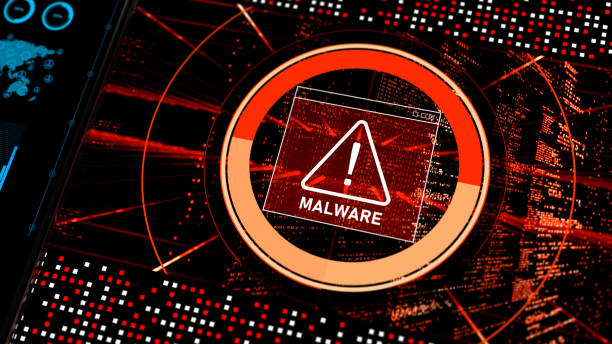Introduction:
In the digital age, malware has become one of the biggest threats to computer security. It is essential to understand what malware is, how it works, and its different types to protect yourself and your data from cyber threats. In this article, we will explore the world of malware and provide a comprehensive guide on how to protect yourself from this ever-present threat.
What is malware?
Malware is a term used to describe any software that is designed to cause harm to computer systems, networks, or individuals. Malware can take many forms, including viruses, worms, Trojans, ransomware, and spyware, and it can be used for a variety of malicious purposes, such as stealing personal information, disrupting computer systems, or spreading propaganda.
How does malware work?
Malware works by exploiting vulnerabilities in computer systems and networks. This can be achieved through a variety of methods, including email attachments, infected software downloads, and unsecured websites. Once the malware has gained access to a system, it can spread to other systems and networks, causing widespread harm.
Different types of malware
There are many different types of malware, each with its unique characteristics and methods of attack. Some of the most common types of malware include:
Virus: A type of malware that spreads from one computer to another by attaching itself to a file or program.
Worm: A type of malware that spreads through networks without the need for a host file or program.
Trojan: A type of malware that disguises itself as a harmless program or file, but once executed, it can cause significant harm to the infected system.
Ransomware: A type of malware that encrypts a user’s data and demands payment in exchange for access to the data.
Spyware: A type of malware that is designed to collect and transmit sensitive information, such as passwords and credit card numbers, to a remote attacker.
The impact of malware
The impact of malware can be significant, ranging from the theft of personal and financial information to the disruption of critical infrastructure and the loss of important data. Malware can also have a significant financial impact, as the cost of cleanup and recovery can be substantial. Additionally, malware can damage an organization’s reputation and reduce its customers’ trust in its products and services.
Protecting against malware
There are several steps that can be taken to protect against malware. These include using antivirus software, keeping the software and operating systems up to date, using strong passwords, and avoiding suspicious email attachments, links, and websites. Additionally, regularly backing up important data and using a firewall can help reduce the risk of malware infections.
The future of malware
As technology continues to advance, the threat of malware will continue to evolve. It is essential to stay informed about the latest threats and to take proactive steps to protect yourself and your data from malware. This includes staying informed about the latest security updates, using antivirus software, and following best practices for online safety.
Conclusion:
Malware is a growing threat in the digital age, and it is essential to understand what it is, how it works, and its different types to protect yourself from cyber threats. By taking the steps necessary to protect yourself from malware, you can help ensure the security of your personal and financial information and reduce the risk of harm to your computer systems and networks.
It is important to stay informed about the latest threats and to take proactive steps to protect yourself from malware. This includes using antivirus software and following best practices for online safety, such as avoiding suspicious email attachments and links, using strong passwords, and keeping the software and operating systems up to date. By being vigilant and proactive, you can help protect your computer systems and networks and reduce the impact of malware on your life and business.



Leave feedback about this